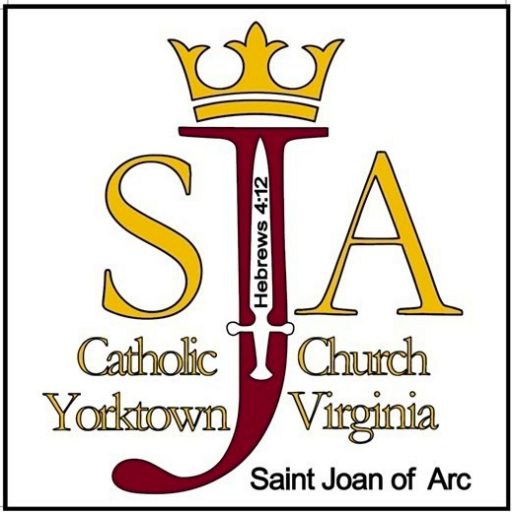Eucharist
Who Can Receive the Eucharist?
To receive the Eucharist at Mass, Catholics must be baptized; have received their First Eucharist and First Reconciliation; be practicing their faith and have no impediments to receiving the Eucharist.
Catholic Beliefs About the Eucharist
The liturgical life of the Church revolves around the Sacraments, with the Eucharist at the center (National Directory for Catechesis, #35). At Mass, we are fed by the Word and nourished by the Body and Blood of Christ. We believe that the Risen Jesus is truly and substantially present in the Eucharist. The Eucharist is not a sign or symbol of Jesus; rather we receive Jesus himself in and through the Eucharistic species. The priest, through the power of his ordination and the action of the Holy Spirit, transforms the bread and wine into the Body and Blood of Jesus. This is called transubstantiation.
By the consecration the transubstantiation of the bread and wine into the Body and Blood of Christ is brought about. Under the consecrated species of bread and wine Christ himself, living and glorious, is present in a true, real, and substantial manner: his Body and his Blood, with his soul and his divinity. (CCC 1413)
The New Covenant
I am the living bread that came down from heaven; whoever eats this bread will live forever. Whoever eats my flesh and drinks my blood has eternal life and remains in me and I in him. (John 6:51, 54, 56)
In the Gospels we read that the Eucharist was instituted at the Last Supper. This is the fulfillment of the covenants in the Hebrew Scriptures. In the Last Supper narratives, Jesus took, broke and gave bread and wine to his disciples. In the blessing of the cup of wine, Jesus calls it “the blood of the covenant” (Matthew and Mark) and the “new covenant in my blood” (Luke).
This reminds us of the blood ritual with which the covenant was ratified at Sinai (Exodus 24) — the sprinkled the blood of sacrificed animals united God and Israel in one relationship, so now the shed blood of Jesus on the cross is the bond of union between new covenant partners — God the Father, Jesus and the Christian Church. Through Jesus’ sacrifice, all the baptized are in relationship with God.
The Catechism teaches that all Catholics who have received their First Holy Eucharist are welcome to receive Eucharist at Mass unless in a state of mortal sin.
Baptized Catholic children may begin preparation for these Sacraments at the age of 7 AND when they have begun the 2nd Grade. Per the Diocese of Richmond, the Sacramental Preparation program is separate and distinct from our Children’s Sunday weekly Faith Formation program. Preparation for these Sacraments is satisfied with religious instruction by participating in our faith formation program of catechesis AND required sessions for children and their parents for both the celebration of Reconciliation and Holy Eucharist.
Register for First Reconciliation and First Eucharist preparation on our Faith Formation registration form.
Bishop Knestout encourages anyone aware of sexual abuse of minors on the part of clergy or staff of our diocese to notify civil authorities,
call the Attorney General’s Clergy Abuse Hotline at 1-833-454-9064, and reach out to the Diocesan Victim Assistance at 1-877-887-9603.
https://richmonddiocese.org/protecting-gods-children/
